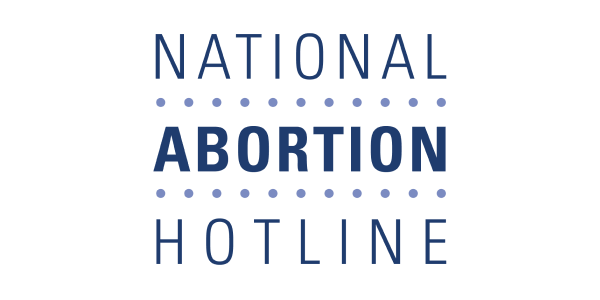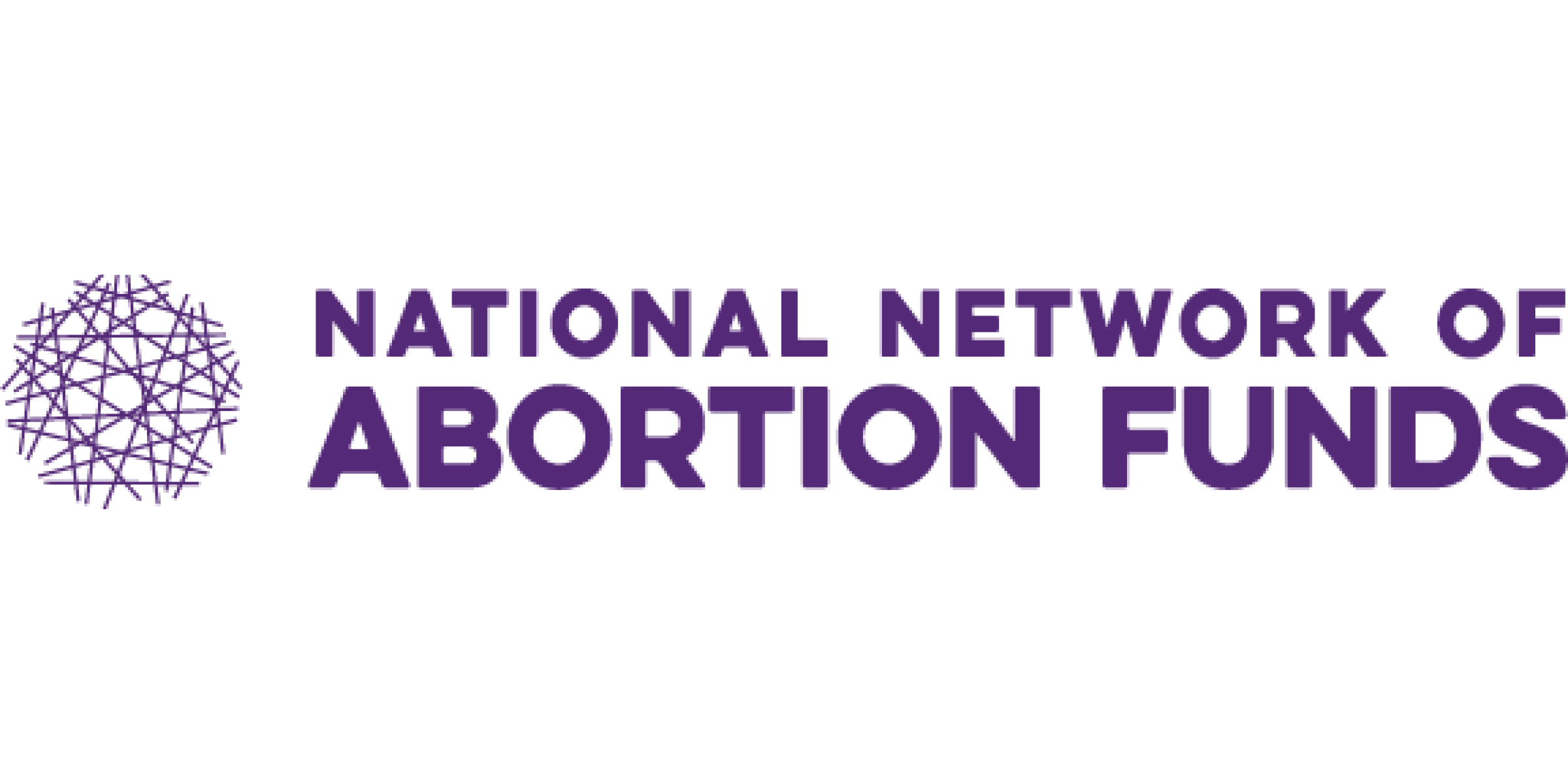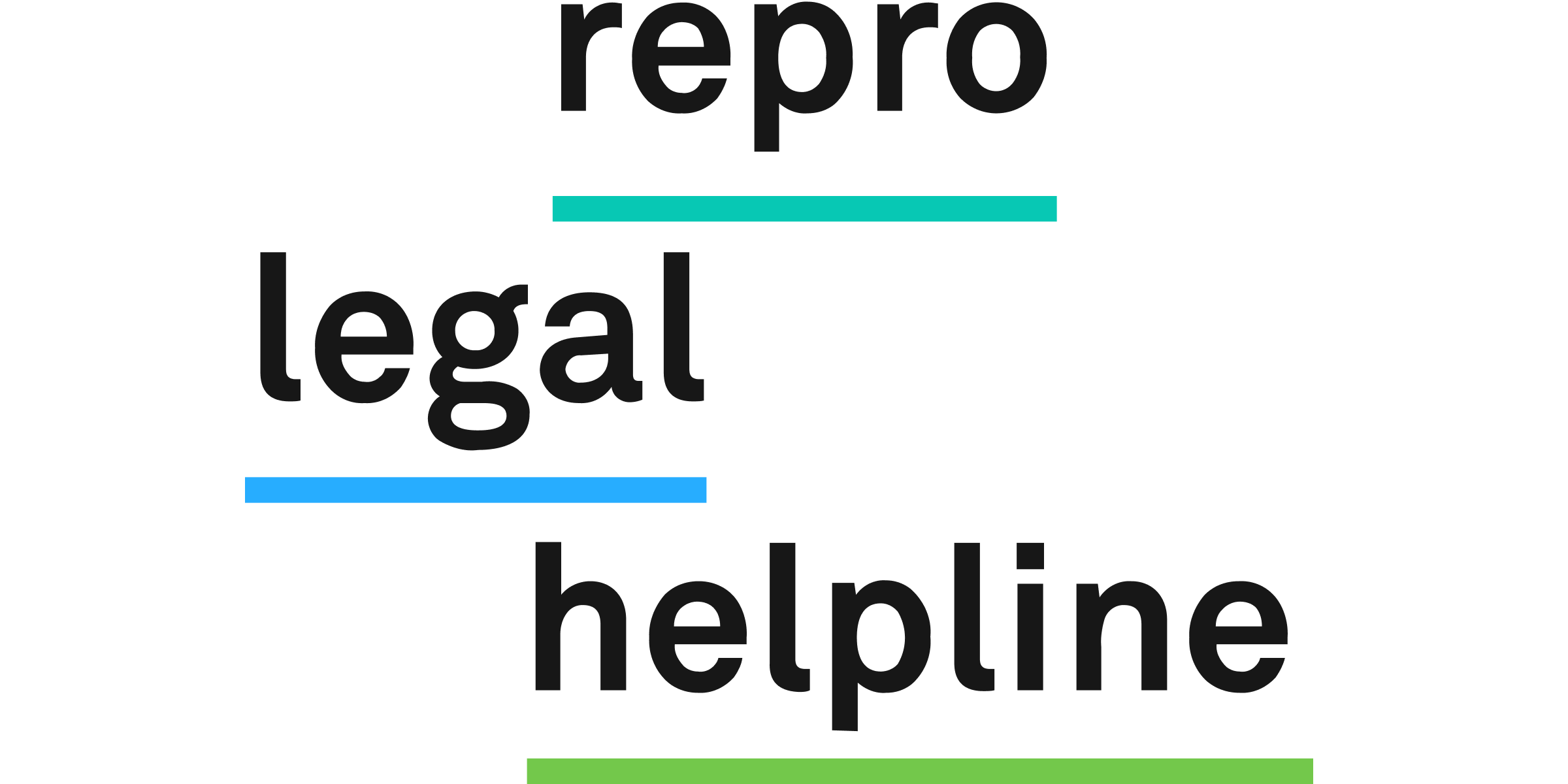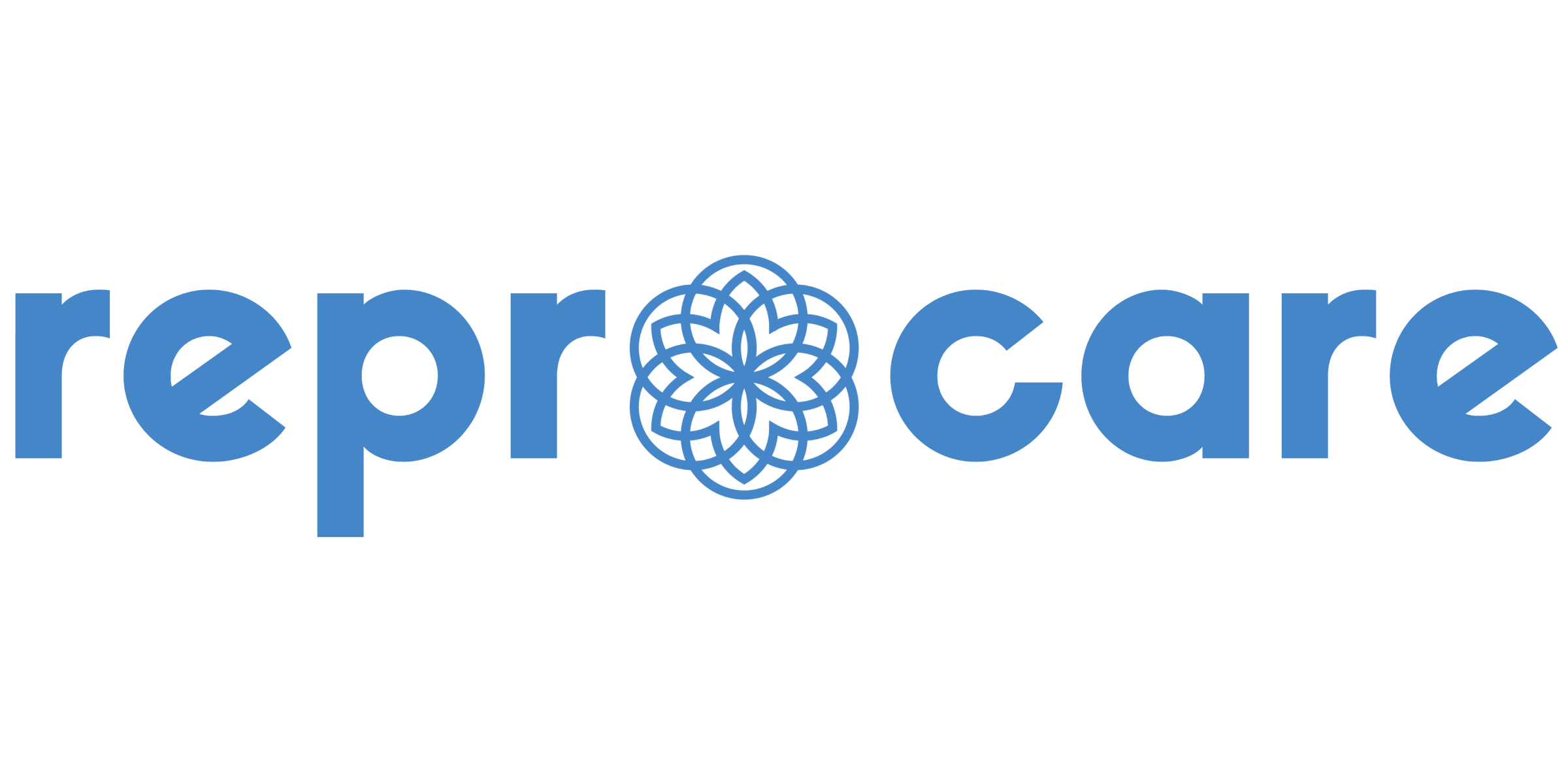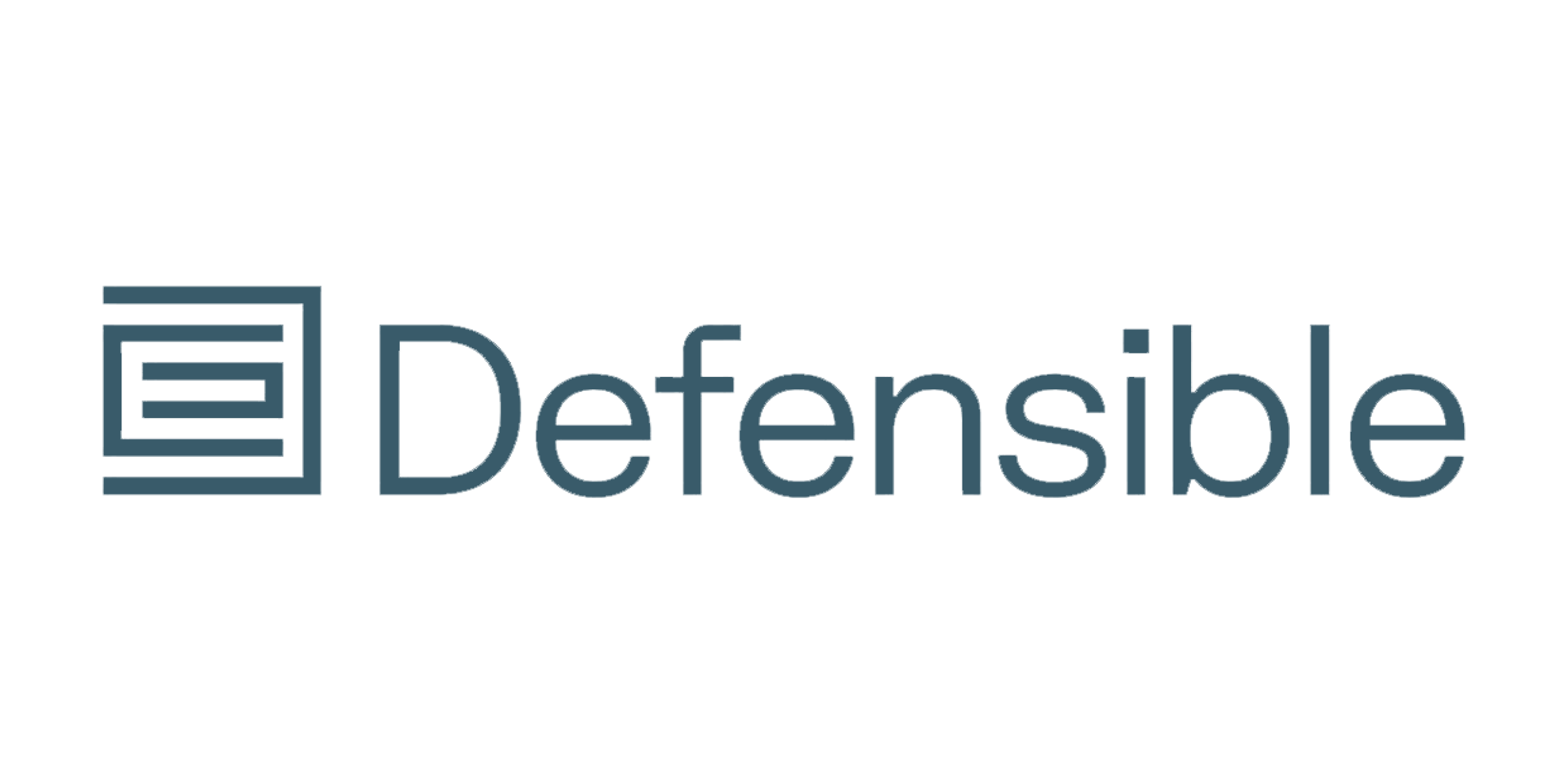Charley can help you understand your abortion options, no matter where you live.
Even if you live in a state where abortion is banned or restricted, you still have options, which may include abortion pills by mail, in-clinic appointments, and other resources to support you.
Charley can help you understand all your abortion options anonymously.
What are my abortion options?
You still have options no matter where you live or how far along you are.
Abortion pills by mail
You can get abortion pills mailed to your home from a telehealth provider (an online clinic), and take them at home. Abortion pills work best in the first 13 weeks of pregnancy.
Note: AidAccess is a third-party organization. If you visit AidAccess.org, you will be taken to an external site.
Abortion clinic
You can make an appointment at a clinic where you live or travel to another state to get an abortion procedure or pills.
Note: INeedAnA is a third-party organization. If you visit ineedana.com, you will be taken to an external site.
What to know about getting an abortion
Abortion is common and medically very safe. Charley can help you learn everything you need to know to get access to care. Chatting with Charley is private and anonymous. You can ask a medical provider any other questions you have to make an informed decision.
How much an abortion costs depends on many things, including how far along you are. Abortion pills usually cost $150 or less when you get them by mail, and you may even be able to get them for free if you don't have a way to pay. Abortion procedures usually cost $500 - $600 in the first three months of pregnancy (the first trimester), or $600 - $2000 in months 4-6 (the second trimester).
Funds may be available to help pay for your abortion. If you need help paying for an abortion or other costs of getting care (travel, childcare, etc.), talk to your provider—they may offer a lower price or help you find financial aid. For more help finding financial support, visit The National Network of Abortion Funds to look for a fund in your state.
To get abortion pills by mail, you will first answer some questions online about your health history and pregnancy. A medical professional will look over your info. If you are approved for abortion pills, you will likely be prescribed two pills: mifepristone and misoprostol, which you can take at home. First you take mifepristone, which blocks progesterone, a natural hormone in your body that is needed for a pregnancy. Misoprostol, taken 24-48 hours after mifepristone, causes strong cramps like during a period, miscarriage, or childbirth, which make the pregnancy tissue come out. It can feel and last as long as a heavy period. The abortion will usually be complete in 2-3 days. In some cases, you may just receive misoprostol.
An abortion procedure is done in a clinic by a medical professional, and usually takes 10-15 minutes. If you are further along in your pregnancy (after around 6 months), the procedure may take several days. Your provider can explain more details about what to expect during an abortion procedure.
If you have more questions, you can call the Miscarriage and Abortion Hotline. M+A Hotline offers free medical support and information from a team of pro-abortion clinicians.
It is totally normal to have a lot of different feelings before, during, and after an abortion. Some people feel sadness, and many people feel relief. You may also have questions about whether or not you feel safe telling your loved ones about your choice.
If you want to talk to someone anonymously about your options and whether getting an abortion is right for you, you can call the All Options Talkline at 1-888-493-0092.
If you are looking for emotional support throughout the process of planning or having an abortion with pills, you can call or text Reprocare at 1-833-246-7821.
Most people are not at risk of getting in legal trouble for having an abortion. In rare cases, people have faced increased risk of legal trouble if they live in a state where abortion is banned or restricted and are more than 13 weeks pregnant, have told people who can’t be trusted about their plans to get an abortion, or are in a violent or controlling relationship.
If you have more legal questions about abortion or want to learn about what you can do to protect yourself, you can talk to someone at the Repro Legal Helpline.












